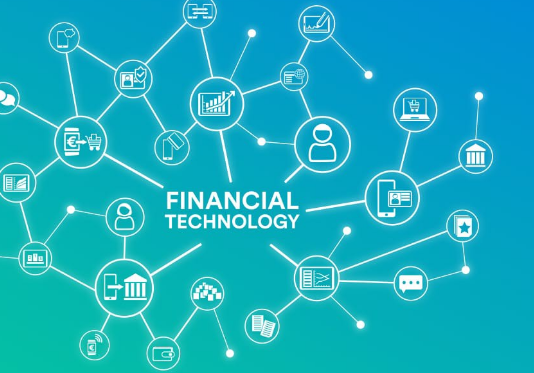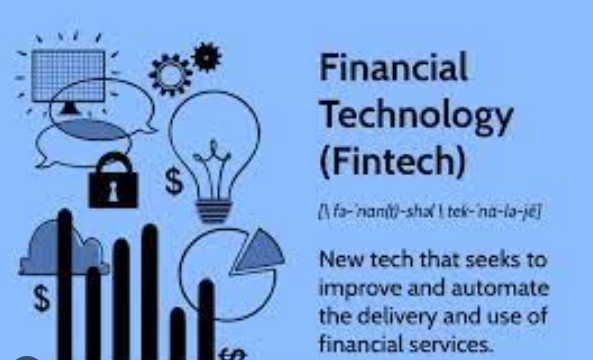Revolutionizing the Financial Landscape: Exploring the Power of Financial Technology
Introduction:
Financial technology, also known as FinTech, has emerged as a game-changer in the financial industry, transforming traditional banking and revolutionizing the way we manage our finances. Combining cutting-edge technology with financial services, FinTech has paved the way for a more accessible, efficient, and inclusive financial ecosystem. In this article, we delve into the features, benefits, and frequently asked questions about financial technology.

Features of Financial Technology:
- Digital Payments: One of the key features of FinTech is its ability to facilitate seamless digital payments. Through mobile payment apps, online wallets, and digital currencies like Bitcoin, users can make secure transactions instantly, eliminating the need for physical cash or cumbersome payment processes.
- Online Banking: FinTech has introduced online banking platforms and mobile banking apps, empowering users to access their bank accounts, transfer funds, pay bills, and manage their finances anytime, anywhere. This convenience has reshaped the customer experience, making banking services more user-friendly and efficient.
- Robo-Advisory Services: FinTech has democratized investment opportunities with the introduction of robo-advisory services. These automated platforms leverage algorithms and artificial intelligence to provide personalized investment advice and portfolio management to users. This enables individuals, even those with limited knowledge of investing, to access professional financial guidance.
- Peer-to-Peer Lending: Peer-to-peer (P2P) lending platforms have disrupted the traditional lending landscape by connecting borrowers directly with individual investors. Through FinTech, borrowers can access loans quickly, while investors have the opportunity to earn interest on their investments, bypassing traditional financial intermediaries.
- Blockchain Technology: FinTech has harnessed the power of blockchain technology, enabling secure, transparent, and decentralized transactions. Blockchain’s distributed ledger system ensures immutability and reduces the risk of fraud, making it ideal for applications such as digital identity verification, supply chain management, and cross-border payments.

Benefits of Financial Technology:
- Accessibility: FinTech has democratized financial services, making them accessible to individuals who were previously underserved or excluded from traditional banking systems. This has had a significant impact on unbanked or underbanked populations, empowering them with financial tools and services.
- Efficiency and Cost Reduction: By automating processes and eliminating the need for physical infrastructure, FinTech has significantly reduced operational costs for financial institutions. This cost efficiency translates into lower fees for consumers, making financial services more affordable and inclusive.
- Enhanced User Experience: FinTech has prioritized user experience, delivering intuitive interfaces, personalized recommendations, and real-time access to financial information. This has transformed the way individuals interact with their finances, making it more engaging, transparent, and convenient.
- Innovation and Collaboration: FinTech has fostered a culture of innovation and collaboration within the financial industry. Traditional financial institutions are partnering with FinTech startups, merging their expertise to develop groundbreaking solutions. This collaboration has resulted in the rapid evolution of financial services, offering customers more diverse and innovative options.

FAQs about Financial Technology:
Q: Is FinTech safe to use?
A: FinTech platforms prioritize security and employ advanced encryption techniques to safeguard user data. However, it is essential to exercise caution while sharing personal information online and choose reputable and licensed platforms.
Q: Can FinTech replace traditional banks?
A: While FinTech has disrupted traditional banking, it is unlikely to replace banks entirely. Rather, it complements the services offered by banks, providing innovative solutions and enhancing the customer experience.
Q: How can FinTech benefit small businesses?
A: FinTech offers small businesses access to digital payment solutions, streamlined invoicing and accounting tools, and easier access to funding through P2P lending platforms. These services enable small businesses to
